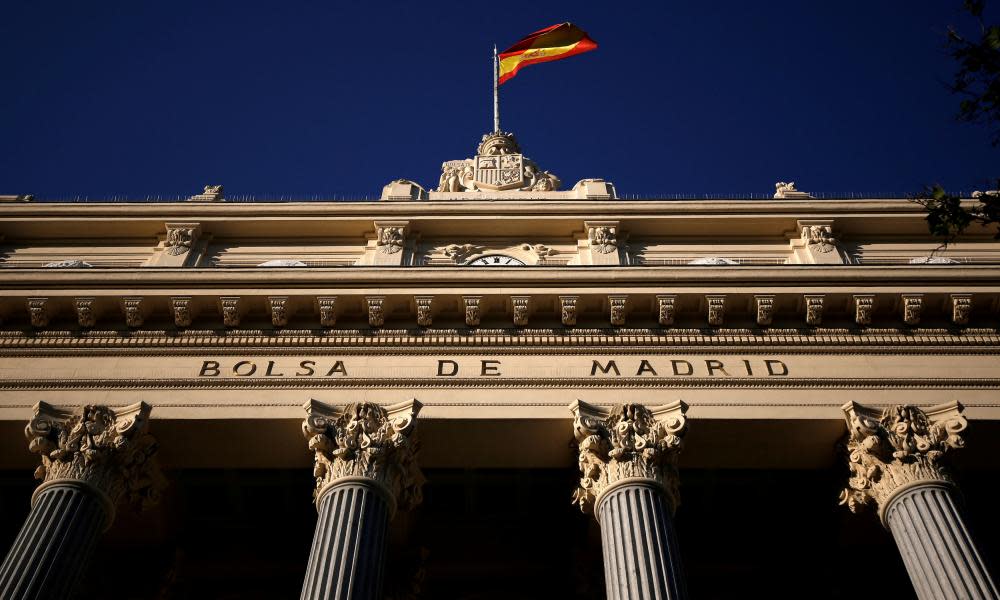A city’s fortunes are not set in stone. Look at modern Madrid

Cities rise, cities fall. In times past, quite literally. But even without regular warfare, we still see cities rise up and down the rankings. People now talk as if London has been on a permanent growth trajectory, but its population declined by 23% postwar.
The relative fates of Barcelona and Madrid neatly illustrate the point, with new research highlighting the reversal of economic fortunes between the two great cities since Spain’s transition to democracy. While both have prospered, Madrid has stormed ahead of Barcelona on almost every economic indicator. The Catalan economy, 25% larger than Madrid’s in 1975, is now smaller despite its cultural and tourist appeal. And Barcelona, the largest urban area in Spain until 1980, has been surpassed by Madrid, now the fifth largest city in Europe.
What caused this change? Some point to the pulling power of a capital, others to infrastructure investments. But the research authors argue that something else is holding back Catalonia: divides between social and political groups that have hampered economic development even before the recent high-profile independence conflict.
Whatever the cause, the fact that Madrid has beaten the city better positioned 40 years ago to emerge as Spain’s economic hub reminds us all that while the economic status of cities may feel permanent, it can in reality shift (relatively) swiftly. Cities, like people, need to work on their success.
• Torsten Bell is chief executive of the Resolution Foundation. Read more at resolutionfoundation.org

 Yahoo News
Yahoo News 
